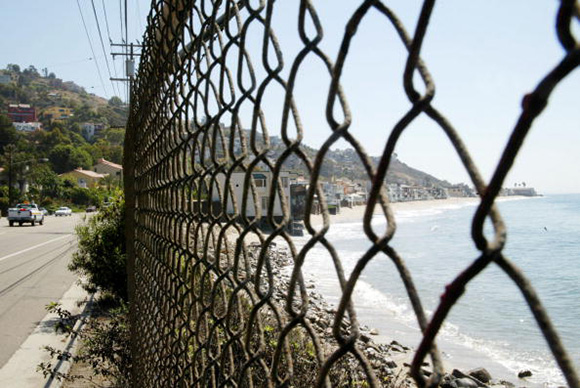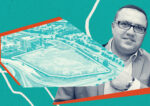Trending
State and local officials clash over public parking on Malibu’s “Blood Alley”

The Pacific Coast Highway (PCH), the oceanfront road described by actor Rob Lowe as a “death trap,” is once again the subject of intense debate among the city of Malibu and two government agencies.
The city of Malibu and the California Department of Transportation (Caltrans) funded a recent study that recommends the elimination of 675 parking spaces along the 21-mile highway in a bid to protect the safety of pedestrians who, after parking, have to cross the treacherous highway on foot. But the California Coastal Commission and the Mountains Recreation Conservation Authority are both criticizing the study, saying it only serves the interests of the area’s 13,000 affluent residents.
Malibu residents whose homes abut the highway include billionaire Larry Ellison and former L.A. Dodgers owner Peter O’Malley.
Critics say the elimination of the parking spots would be a disservice to the 15 million annual visitors who use them, according to the Hollywood Reporter, which first reported on the study. There’s been a dramatic increase in the number of such visitors to Malibu beaches: from 1.4 million annual visitors in 2006 to 3.5 million in 2015.
“It fries the brain how many people are showing up at these locations, and it’s scary how they’re doing it,” Malibu planning commissioner Mikke Pierson told the Reporter. “You have them walking with coolers and their three-year-olds along these very tight shoulders.”
But the CCC and MRCA claim that getting rid of the spots doesn’t make sense, since residents are already trying to curtail public parking through fake “no parking” signs. They also cite the absence of a plan to replace the lost spaces with a beach shuttle system.
Locals often refer to the PCH as “Blood Alley.” Between 2012 and 2014, collisions on the strip resulted in 376 injuries and nine fatalities, according to the publication. Fifteen percent of accidents each year are parking related. [THR] — Cathaleen Chen




